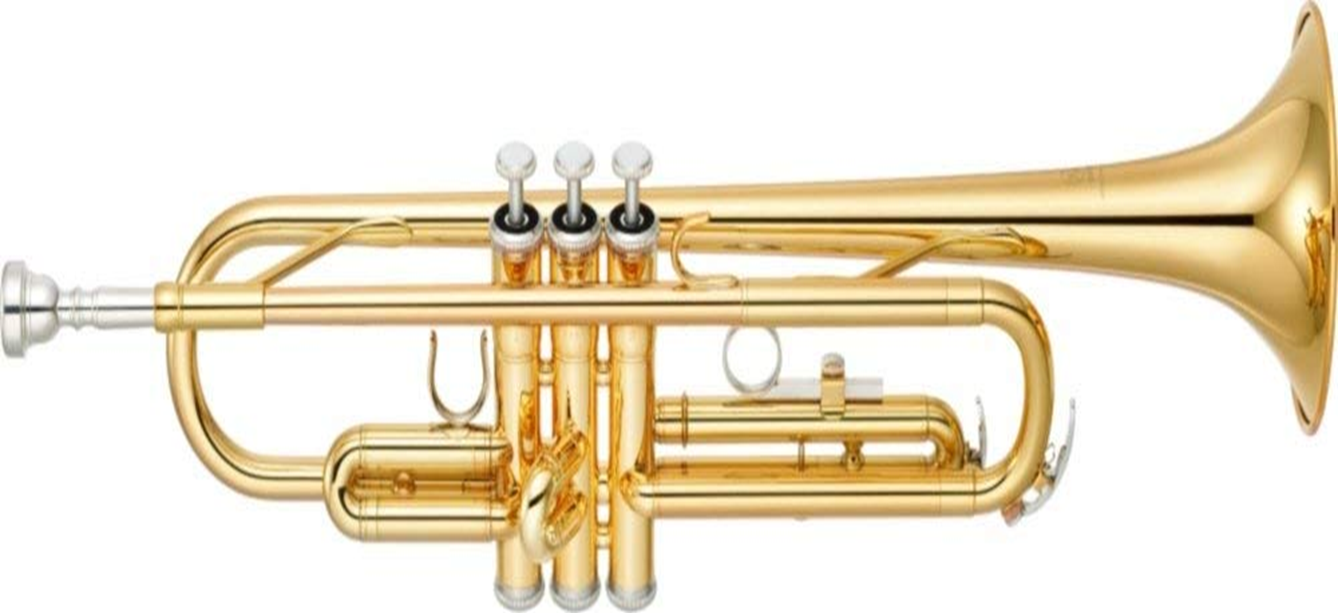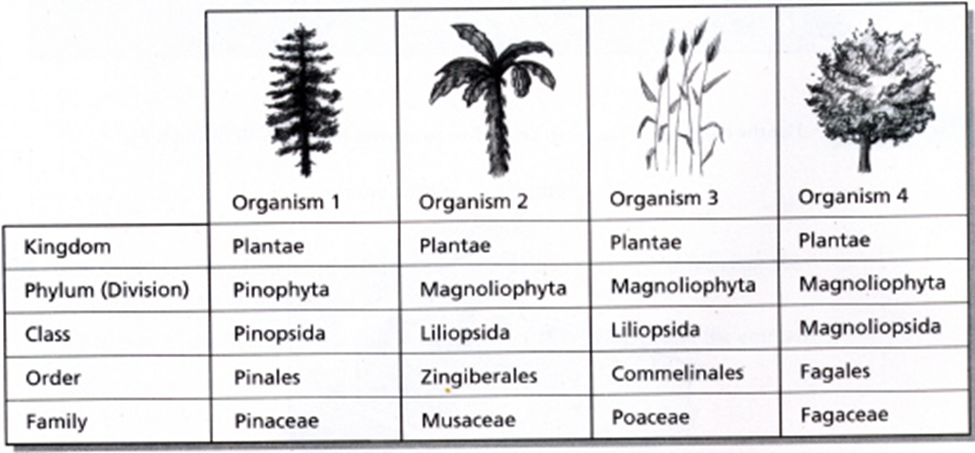What is taxonomy?
 Taxonomy is the branch of biology concerned
with the grouping and naming of organisms
Taxonomy is the branch of biology concerned
with the grouping and naming of organisms
 Biologists
who study this are called taxonomists.
Biologists
who study this are called taxonomists.
How did it start?
 People
wanted to organize their world, so they began grouping, or classifying
everything they saw.
People
wanted to organize their world, so they began grouping, or classifying
everything they saw.
ü
Things that swim.ü
Things that fly Things that crawlü
Things that walk on four legsü
Things that chew their foodü
Things that swallow food wholeü
Toxic things
Why classify?
- To help us organize all of the millions of species we discover.
- To give every species a name based on a standard
method so scientists from different countries can talk about the same animal
without confusion
Who is Carolus Linnaeus?
 Carolus Linnaeus was a Swedish botanist.
Carolus Linnaeus was a Swedish botanist.
 Developed
a 7-level (taxa) classification system based on similarities between organisms.
Developed
a 7-level (taxa) classification system based on similarities between organisms.
The
8 Taxons
What is the 8 classification of
taxonomy?
The current taxonomic system now has eight levels in its hierarchy, from
lowest to highest, they are species, genus, family, order, class, phylum,
kingdom, and domain.
the
classification system commonly used today is based on the Linnean system and
has eight levels of taxa; from the most general to the most specific, these are
domain, kingdom, phylum (plural, phyla), class, order, family, genus
(plural, genera), and species.
Dear, how
does it work?
 There
are 6 broad kingdoms.
There
are 6 broad kingdoms.
 Every
living thing that we know of fits into one of the six kingdoms.
Every
living thing that we know of fits into one of the six kingdoms.
 Each
level gets more specific as fewer organisms fit into any one group.
Each
level gets more specific as fewer organisms fit into any one group.
Binomial Nomenclature
 Bi
means two
Bi
means two
 No
means name.
No
means name.
 Binomial
nomenclature is a classification system using two names to identify an organism.
Binomial
nomenclature is a classification system using two names to identify an organism.
Scientific name
Genus-species name given to all organisms.
 Canis familiaris is the scientific name for a domestic dog.
Canis familiaris is the scientific name for a domestic dog.
 Canis is the
genus name.
Canis is the
genus name.
 familiar
is the species name.
familiar
is the species name.
 This
system uses a binomial nomenclature.
This
system uses a binomial nomenclature.
Genus…
 A
genus consists of a group of closely related species
A
genus consists of a group of closely related species
 Other
animals in the Canis group include wolves and coyotes.
Other
animals in the Canis group include wolves and coyotes.
 The
genus name is always Capitalized.
The
genus name is always Capitalized.
Species...
 A
species consists of animals that can mate and produce fertile offspring.
A
species consists of animals that can mate and produce fertile offspring.
Only
domestic dogs are known as lupus.
The
species name is always lowercase.
Which organisms are most closely related?
Which organisms are most closely related?

















































